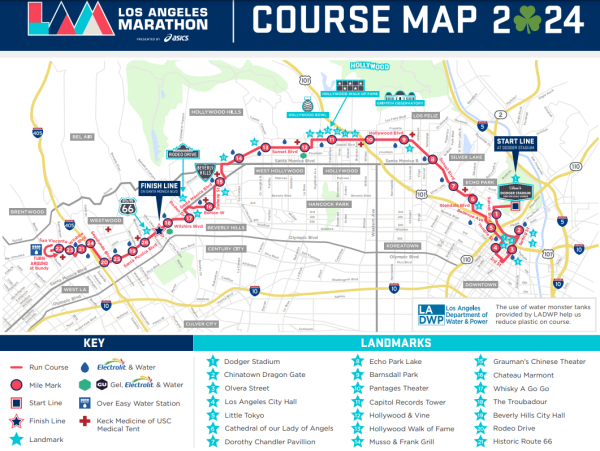The Death of Textbooks?
(courtesy of scholarlykitchen.sspnet.org)
How long will schools continue to issue physical textbooks to students?
January 9, 2019
The technology industry has revolutionized the modern high school classroom. White boards, which once replaced the extinct blackboard, have been substituted for highly interactive smart boards and pen and paper is currently being outmaneuvered by Chromebooks. Now that our high school classrooms are equipped with such advanced technologies, some wonder why the seemingly archaic textbooks have persisted. How long will they last before being completely replaced by online textbooks or other technological reading devices (ie. iPads, Kindles, NOOKs).
It is interesting that textbooks have prevailed in the modern age of education. Students are not particularly fond of the heavy inconvenient, and quite mundane, nature of textbooks. There are many advantages that come with e-textbooks and opportunities to make learning more interactive and engaging for students. E-textbooks are seemingly the perfect solution and the next technology for schools to integrate into their classrooms; they are easily updated, so they will always contain the most current information, fairly inexpensive, and substantially more convenient than stacks of old clunky textbooks. With all of the advantages, why do schools still oppose this full transition?
A main reason for this is the business model for e-textbooks. Instead of purchasing 100 copies of a physical textbook that can be used without an additional cost for the next five to ten years, the school would have to buy a new license or “copy” each year. Having to ultimately buy a “new set” of e-texts each year would outweigh the cost of the large expense of physical textbooks that do not generate any other expenses for as long as the textbooks are in use (forbes.com).
Nevertheless, while schools continue to supply textbooks for students, students themselves are having declining interests and motivations to actually put their textbooks to use. Rather than spending time flipping through pages and pages of text to find information, most students would much rather partake in a quick internet search. And how could you blame students? With the internet search, you are able to track down the information you need in a matter of seconds, saving time and obtaining instant gratification. For some students, the last time they held their textbooks was when they checked them out of the library at school registration. “The days of doing my math homework out of a textbook are hazy to me,” Alli Provenzano (12) states, “because now we complete all of our math assignments online either using bigideasmath.com or webassign.com.”
Although schools are not making the complete switch to digital textbooks, there is a decline in school funding for textbooks. Some schools are shifting their funds from textbooks budgets to fund the incorporation of digital content. Textbook funding has been a point of contention for school districts since the recession in 2008. Whether it be the lack of funding or the rise of more convenient online and digital sources, textbooks are playing a smaller role in classrooms and students’ lives today.






















